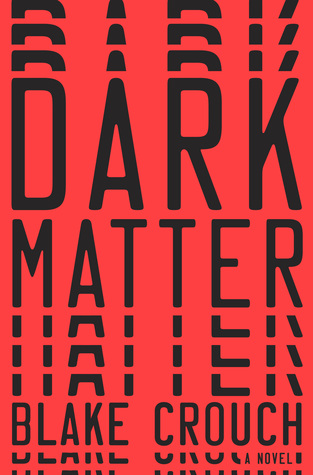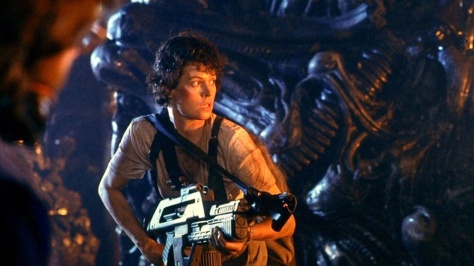
Political ignorance. Emotional disconnect. Reality television craze. No wonder butthurt educational administrators have tried to ban and censor ‘Fahrenheit 451’ in schools. This book predicted the 21st Century!
Guy Montag is a regular joe, occasionally prone to sporadic bouts of philosophizing, who happens to live in an appallingly dumbed-down futuristic America where books are confiscated and burned. He should know; he’s a ‘fireman,’ whose job is not to stop fires but to start them. Guy has very rarely questioned his place in the world, his role being to destroy literature and condemn errant readers to death by the lethal injection of the deadly robot dog ‘the hound.’
One day Guy meets free-spirited teen Clarisse McClellan, and their burgeoning friendship is the beginning of an eye-opening but dangerous transformative experience for Guy. He sees what a shitty façade the so-called comfort and prosperity he lives in entails. In Bradbury’s America, people (including Guy’s brainwashed, reality-TV addicted wife Mildred) sit glued to their interactive, inane programs, people are spoonfed political rhetoric and propaganda like blind, deaf infants, and teens and adults alike express their rage and ennui by getting in a car and running over anything- man or animal- they can find.
There are definitely some similarities between the discord making up ‘Fahrenheit 451”s pages and today’s overly social conscious yet utterly socially ignorant world. It’s a quick read, lovingly written, with mind-boggling precursors to modern technology. The society pictured here takes anything stimulating or challenging from people’s ready access, and the sheep-like civilians don’t even put up a fight. Instead, people who like to read or even explore the world and themselves beyond instant gratification and inane excess are considered freaks, abnormal. and subhuman, and thus worthy of extermination by ‘the Hound.’
Everybody is unhappy, but nobody knows they’re unhappy, or why. In the style of something like “Fight Club,” violence is the only conceivable release from boredom and empty consumer culture. I loved this book mostly because of the writing. I found myself inwardly nodding to myself while reading the incisive prose, and wanting to jot down some of the things written within the slim, but potent little novel.
The world-building is also fantastic. Bradbury creates a bleak but instantly recognizable world riddled with violence, apathy, and drug addiction. People are so fixated on the devices and happy pills they have forgotten what makes them happy, much less human. They’ve certainly forgotten each other, so focused are they on their flickering, opium-soaked electronic worlds.
Although Guy is the protagonist of ‘Fahrenheit 451,’ Beatty, Guy’s maniacally evil boss, may be the most interesting out of the cast of characters. For a man who hates books and reading, Beatty is certainly well-read, and belies his disgusted attitude toward knowledge with a plethora of classic literary references and quotes. I kind of wish they had gone into Beatty’s past a bit more, a backstory that Bradbury himself goes into a bit more depth about in the afterward of the edition of the book I read.
Don’t let the fact that “Fahrenheit 451” is a ‘classic’- a double-edged term often associated with dusty bookshelves and interminable boredom get in the way of reading what is surely one of the best dystopian novels of all time, loaded with spiritual and social significance without being wordy or a drag. Teachers and parents who try to withhold this book from teens’ hands are certainly barking up the wrong tree (though if I’m not wrong, teenagers will find a away to acquire those books and videos which are kept from them.) This is great discussion material, and much more substantial than most young adult books on the market today.












